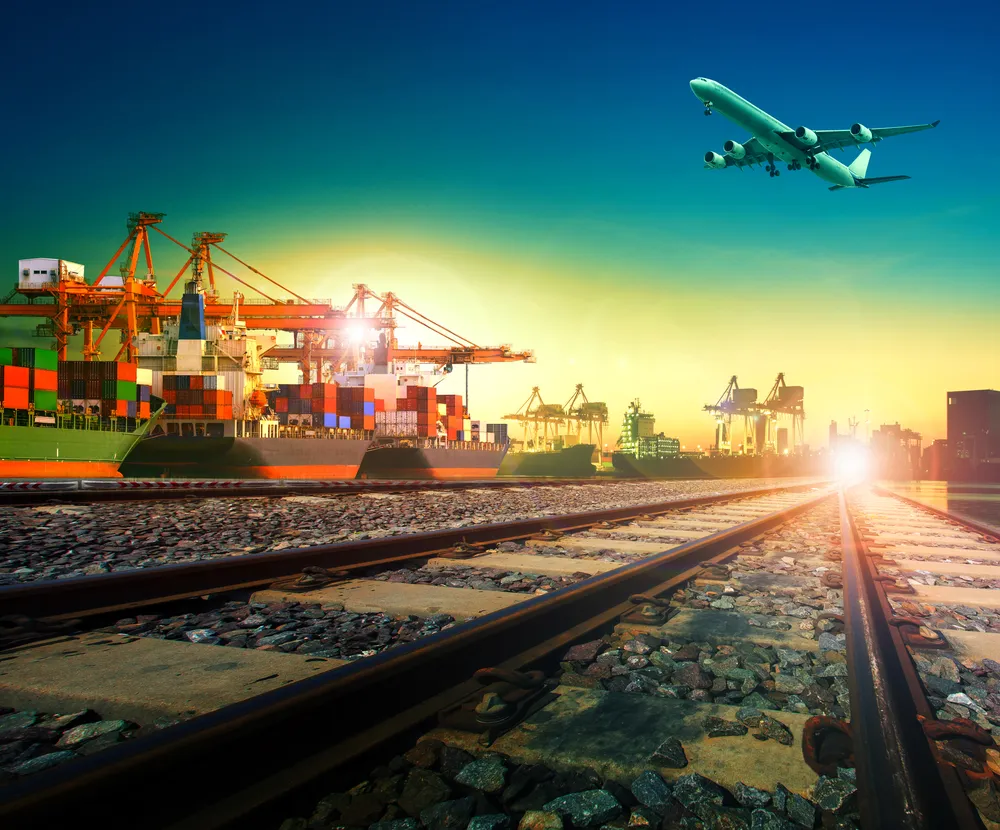
Finding out how blockchain technologies can solve these issues
Did you know that most of what we consume, as individuals, is not provided by our communities? The food we eat in our homes, the clothes we wear, the products we use for our households, the medicine we buy when we are ill - almost all of these products have their provenance from parts of our country, from across the border or even other continents. Recent estimates and studies state that around 90% of everything we use, in our everyday life, is transported on ships (on sea containers). Humanity has been relying on maritime shipping and road transportation for thousands of years.
Unfortunately, the times we are living in have not much helped the stability and security of this industry. In fact, the truth is even placed on the exact opposite side - a series of significant problems hinder the progress of this shipping and transportations business.
Let's have a quick look at some of the most severe issues of this industry, present some of their implications and try to address their causes:
It seems hard to believe, but even now, in 2018, most of the operations are executed through a manual process; this also causes records to be kept in a physical format. Why is this the case? Because there isn’t a real platform that can execute and store all generated information. Thus, paper documents are used to record all operations - this leads to delays in payments (for retailers, shippers and transporters). Finally, this work mode can lead to confusion, frauds and lack of transparency, also causing disputes between clients and operators.
Increased market fragmentation is another problem that leads to delays or transparency issues. This is generated by a massive number of intermediaries that operate within the transportation industry and again, leads to a lack of visibility and manual processes. Almost every country has this issues, especially in regards to road transportation services.
Finally, a faulty supply chain always leads to a lack of liquidity and increased revenue loss. Why do things end this way? Because, just as we previously mentioned, poor traceability and the inability to check transactions and shipments in real time always affect the entire system.
How can these aspects be tackled constructively, on a global scale?
Introducing Open Enterprise Logistics Foundation (OEL) - helping transportation and shipping businesses implement blockchain based solutions.
The goals of OEL?
Obtaining a secure, trustworthy and transparent environment for all stakeholders of this market; implementing ways to incentivise participants. The initiators of this projects have the expertise needed to make such a step - by being a multinational digital logistics provider, OpenPort (the company they emerged from) obtain global recognition for its supply chain transparency to some of the most significant businesses in this domain of activity.
What solutions does OEL propose?
- the development of direct relationships between shippers and transporters
- offering an open source blockchain protocol that stores and keeps all transactions and events (by maintaining information during the entire process - starting with the pickup points and ending upon the final delivery).
The results it guarantees?
A maximum level of security increased trust and complete traceability. By implementing OEL solutions, companies will be aware of the cargos delivered and will have, in real time, answers related to this entire flow.
Care to learn more? Visit the official OEL website at https://oel.foundation/!